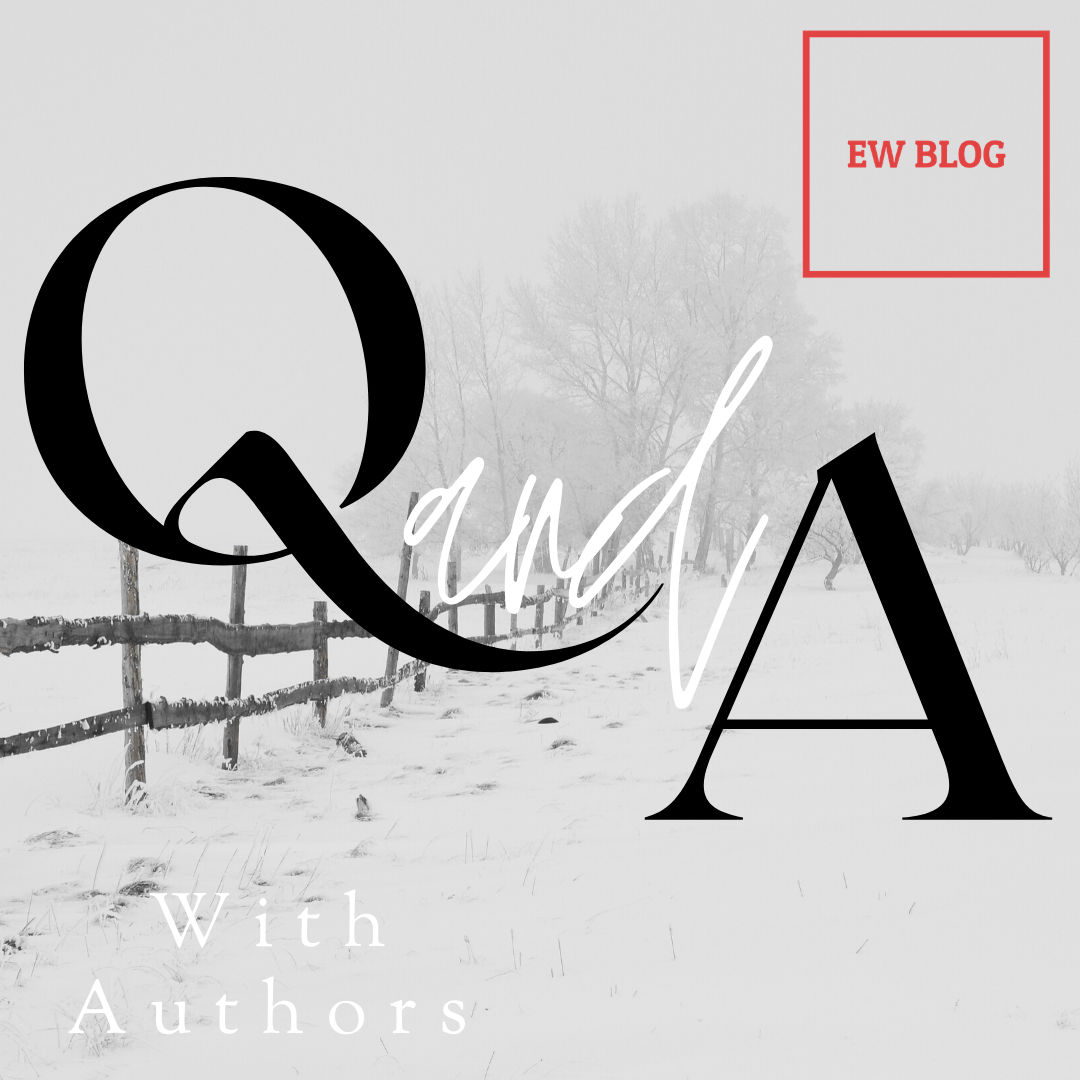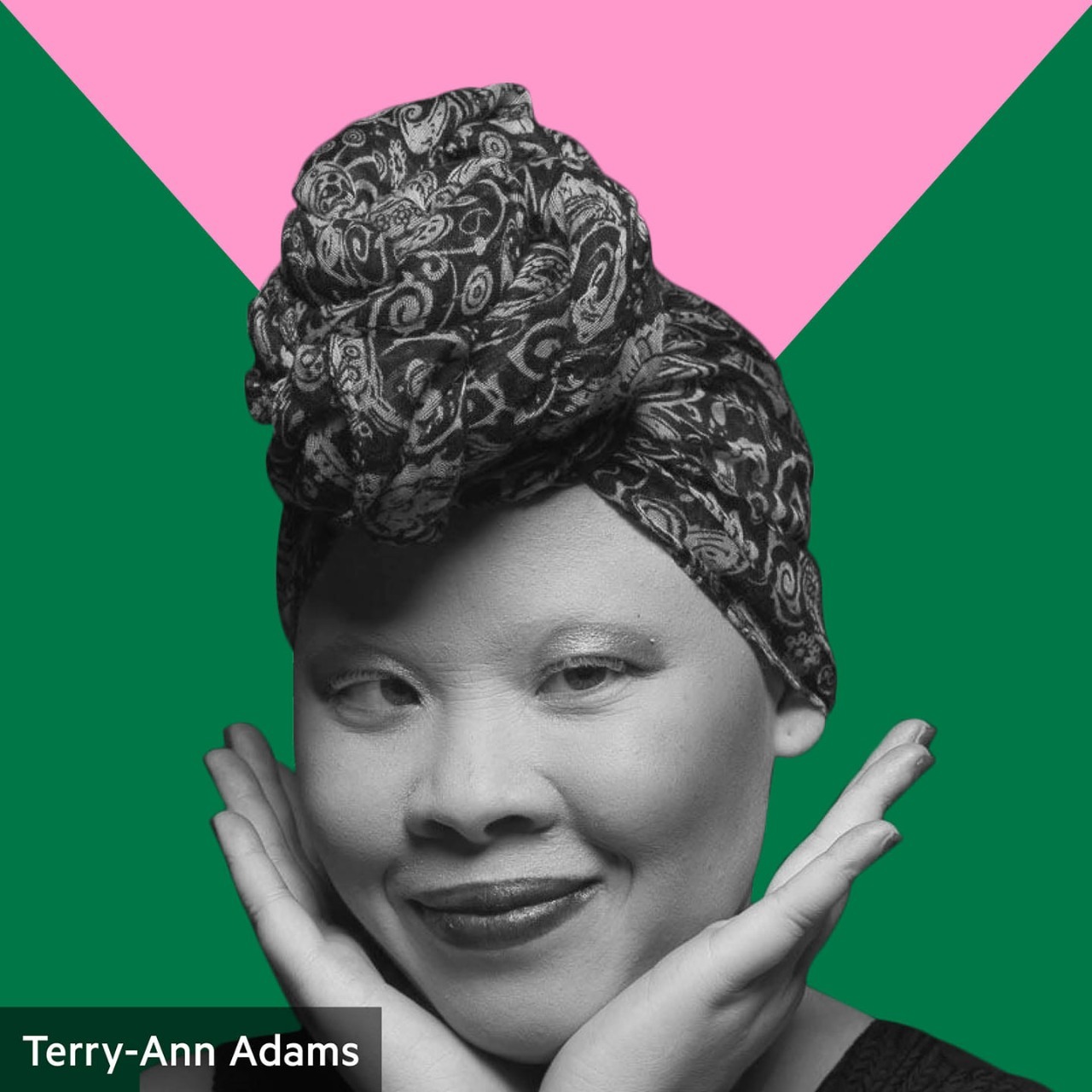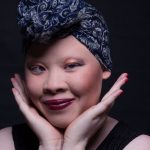

Q&A With Terry-Ann Adams
Author of Those Who Live in Cages

by Ezekiel Kekana
Terry-Ann Adams was raised in Eldorado Park, Johannesburg. She completed her Honour’s Degree in History at the University of Pretoria, with a special interest in disability representation. In 2020, she released her debut novel titled, Those Who Live in Cages published by Jacana Media. In this Q&A session with EW Blog editor, Ezekiel Kekana, Terry-Ann reflects on her debut book, why she chose to allow some of the characters in the book to speak Afrikaans throughout, and her message to all South Africans for festive holidays.

Question: First of all, congratulations on debut book, Those Who Live in Cages. I think for the benefit of our EW Blog readers, let’s start with who is Terry-Ann Adams?

Answer:
Sjoe, I lways get stumped when people ask me this. Let me attempt an answer; Terry-Ann Adams is a 20-something writer from the township whose dream to publish a novel just came true.

Question: Since the book was released, how has the feedback been from the readers and literary critics?

Answer:
We have had awesome responses all round from both critics and readers. I must say that I am shocked, but I am mostly super happy that everyone has been able to relate to my work and see my vision.

Question: The title of the book, Those Who Live in Cages is a bit provocative, why did you decide to go with this title?

Answer:
I see the systems that oppress us as women as different cages. I have also come to see the burden of knowledge as a cage. You are caged by the fact that you now know why the world Is like this and that you can do nothing about it. I wanted to bring that out in the characters and how they live their lives.

Question: The novel is set in the township of Eldorado Park, Johannesburg. Why did you decide to choose Eldorado Park as a setting place of your story?

Answer:
I grew up in Eldos. It is home for me. I wanted to write what I know but I also wanted to show the beauty of my home and my people and how systemic oppression affects their daily lives.

Question: You correctly point in the book how townships such as Eldorado Park were created as the labour camps by the apartheid regime. Talk to us about the importance of telling stories from such townships as Eldos?

Answer:
We often find that townships are only good to the media for two things: stories of violence or sets for music videos to invoke 90s kwaito nostalgia. The harsh realities and even the every day common realities are not shown. We don’t see the truth behind the statistics. I think that everyone has a story, a story that deserves to be told with dignity and sensitivity.

Question: Characters in the book such as Kaylynn, Janice, Keagan, Bertha and the trash that is Uncle Freddie will trigger different emotions in a reader. Talk to us about what inspired these characters?

Answer:
Kaylynn and Janice were inspired by my teenage years. They are a combination of what my friends and I were and what we wished we could be. Keagan is the ghost of all young men I had seen lost to drug addiction, unemployment and apathy. Freddie was inspired by the countless women abusers I had seen growing up. I was always intrigued by how they were normal men accepted in society. Bertha, my fave, was inspired by all the Coloured aunties I have around me in my family and back in Eldos. They have such rich life experiences and stories that deserve to be remembered.

Question: You have allowed Bertha to speak in Afrikaans throughout the book. What was the thinking behind that idea?

Answer:
I wanted to be true to the woman that I am representing in Bertha. My gran hated speaking English and was Afrikaans through and through and all the women who I have encountered are Afrikaans speaking. I also wanted to be true to myself as an Afrikaans speaking Coloured person especially when the conversation of the ownership and origins of the language are being brought to the fore.

Question: Since part of the book is in Afrikaans, were you not worried such a decision could alienate non-Afrikaans readers since there are no translations?

Answer:
I tried to write the book in such a way that the plot is not lost on English speakers. Each character speaks and affirms what Bertha is saying in their own entries. I will admit during the publishing process, a fear crept up that I had made a huge mistake but in the end the need to be authentic and the spirit of my maternal ancestors is what kept me from reversing my decision and re-writing Bertha.

Question: Teenage pregnancy, drug abuse, ‘Colouredness’, gender-based violence, patriarchal legacy, and racial stereotypes are just some of the themes that form part of the book. With this book, what message were you trying to convey to the readers about the Coloured people post-apartheid?

Answer:
I think that Colouredness in academic spaces and in the middle class is seeing a healthy discussion and debate on our origins and identity and what it means to be Coloured. In the working class, however, on the ground Coloured people do not have the luxury of debate and deliberation. It is there where we see culture and everyday life. I wanted to show readers what Colouredness looks like in the everyday person just trying to survive.

Question: Should the readers expect a sequel of Those Who Live in Cages?

Answer:
Hahaha, I don’t know. Maybe

Question:
If you were to invite three African writers to Eldorado Park for a book reading session, who will that be and why them?

Answer:
The reading culture is so eclectic back home and since I haven’t lived there for a while, I cannot dare assume what everyone is reading but if I had my way it would be:
Mohale Mashigo- Her work in Intruders is amazing and I think that Coloured youth would love sci-fi that they can relate to. We also know Vera the Ghost lol.
Chris van Wyk if he were still alive because he was a celebrated Coloured writer from Riverlea who wrote about Coloured townships in Johannesburg. He was one of us, may his soul rest in peace.
Rayda Jacobs- We need to have a Confessions of a Gambler book club with all the Coloured aunties at the Don Mateman Hall.

Question:
What is your message to all South African readers as we head into the festive season?

Answer:
Buy books as gifts this Christmas, especially books written by African authors.

Question:
Thank you so much, Terry-Ann. I am looking forward to your next book.

Answer:
Thanks so much for having me.
Book Review
Share this:
- Click to share on X (Opens in new window) X
- Click to share on Facebook (Opens in new window) Facebook
- Click to print (Opens in new window) Print
- Click to share on LinkedIn (Opens in new window) LinkedIn
- Click to share on Reddit (Opens in new window) Reddit
- Click to share on Tumblr (Opens in new window) Tumblr
- Click to share on Pinterest (Opens in new window) Pinterest
- Click to share on Telegram (Opens in new window) Telegram
- Click to share on WhatsApp (Opens in new window) WhatsApp
- Click to email a link to a friend (Opens in new window) Email

